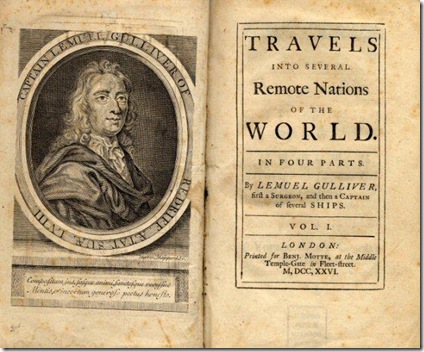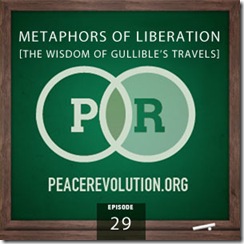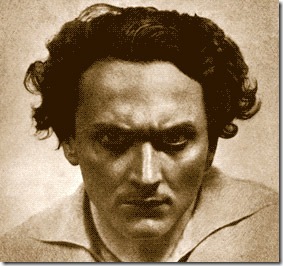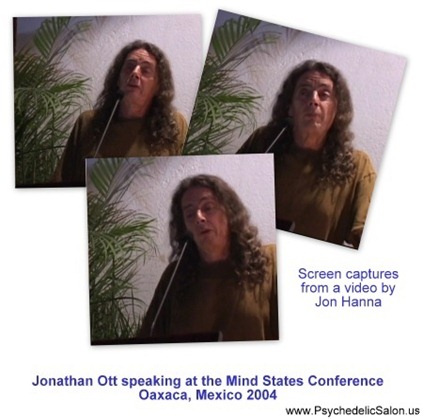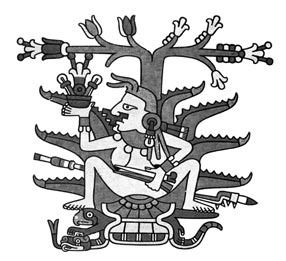On June 16, 2011 the New York Public Library announced that it has acquired the Timothy Leary archive for $900,000. The well organized, invaluable collection contains >335 well organized boxes equivalent to 412 linear feet of letters, manuscripts, research documents, notes, legal and financial records, printed materials, photographs, video and audio tapes, CDs and DVDs, posters and flyers, and artifacts, dating from Leary’s youth in the 1920s until his death in 1996.
William Stingone, curator of manuscripts at the library acknowledged Tim as one of the most influential figures of the 20th century and predicts the collection will help researchers get beyond the “myth making” around ’60s figures and “Hopefully we’ll be able to get to some of the truth of it here”. It will no doubt be of great resource for the recent resurgence of psychedelic research by Charlie Grob, Rick Strassman, Roland Griffiths and organizations such as Heffter Research Institute & MAPS.
The complete documentation from Leary’s early psychotropic drug experiments are in tact. Thomas Lannon, the library’s assistant curator for manuscripts and archives explained that much of the archive includes legitimate scientific research performed prior these substances being made illegal. Leary kept meticulous records at many points during his life. There are comprehensive research files, legal briefs, budgets and memos about the many institutes and organizations he founded, but there are also notes and documents from when he was on the run after escaping from a California prison with help from the Weather Underground. A folder labeled as notes from his “C.I.A. kidnapping” in 1973 is full of cryptic jottings recounting the details of his arrest in Afghanistan, at an airport in Kabul, after he fled the United States.
Partial list of items in the archive purchased from the Leary Estate include:
- Thousands of letters to Leary, many from luminaries of the 1960s era, including Aldous and Laura Huxley, Gerald Heard, Alan Watts, Jack Kerouac, Allen Ginsberg, William S. Burroughs, Peter Orlovsky, Charles Olson, Arthur Koestler, Huston Smith, Walter Houston Clark, Walter Pahnke, Humphry Osmond, Al Hubbard, Oscar Janiger, Cary Grant, Charles Mingus, Maynard Ferguson, Michael Hollingshead , Robert Anton Wilson, Gordon Wasson, Ken Kesey and Augustus Owsley Stanley. Other correspondence is with his family – including letters to and from his mother, his wives and his children – as well as publishers, attorneys, politicians and his numerous adversaries, including G. Gordon Liddy and law enforcement figures from local sheriffs to Drug Enforcement Agency and Central Intelligence Agency operatives.
- Professional and research papers, which will provide scholars a unique opportunity to study Leary’s clinical work from graduate school through his years at Millbrook, including hundreds of reports documenting the psilocybin-induced experiences Harvard graduate students and faculty, creative artists, prisoners at the Massachusetts State Prison at Concord, and theology students.
- Files and correspondence detailing Leary’s experience at Harvard University, including his initial acceptance, the university’s eventual resistance to his research, his controversial research methods and his eventual dismissal. These files depict the evolution of Leary’s studies from rigorous, empirical research into more free-flowing, scientifically problematic exploration, as well as the promotion of psychedelics.
- The complete records of the organizations Leary formed to continue his research after leaving Harvard, including the International Federation for Internal Freedom, Castalia Foundation and the League For Spiritual Discovery. These files, like those from Leary’s research at Harvard, include session reports, completed questionnaires, and letters describing the mushroom and LSD induced experiences of many notable cultural figures and Leary’s associates, such as Richard Alpert (Ram Dass) and Ralph Metzner. Letters among Leary and his research partners also document their turbulent and intense personal and professional relationships.
- Extensive correspondence, legal briefs, prison writings, letters of support and petitions sent to and produced by the four Leary defense funds during his time in prison after his arrest in 1973. There are also materials connected to his exile period in Algeria and Switzerland, including correspondence, notebooks, statements, letters and manuscript material.
- Copies of government documents, released to Leary under the Freedom of Information Act, pertaining to various agencies’ surveillance of Leary, as well as his arrest. Leary’s cooperation with the authorities, still considered by many as a betrayal of the counterculture, is also well documented.
- Computer generated text, correspondence and material relating to the computer revolution, the Biosphere project, space colonies, cryogenics and more from his time in Los Angeles.
- More than 300 videotapes and 300 audiotapes featuring Leary, including about 50 early lectures. A large portion of these tapes are noncommercial and probably represent the only copies in existence.
- Manuscripts of published books and articles, as well as a substantial number of unpublished works, some book length. Scores of unpublished essays on a variety of subjects, unproduced movie scripts, fiction and poetry are also included.
The archive is currently sitting in a storage complex in Long Island, waiting to be sorted and processed over the next 18 - 24. It is my hope that it will soon be digitized for the world to access online similar to Hofmann.org. A portion of the sale is being donated back to finance the processing of the material. When Tim announced his illness, he attempted to comfort us by saying something to the effect of “I will live forever, spreading through the WWW like a virus corrupting the minds of young people.” It has been heart breaking to see his website dead all these years and will be awesome to see Leary’s wish come full circle. I believe letters of support to the New York Public Library are appropriate, they may be contacted HERE. A big thank you to all who helped make this happen!
Further information may be found at:
FREE Mp3 recordings are featured on the Psychedelic Salon Podcast
NYT Article on TimothyLearyArchives.org
The Timothy Leary Movie Archive
www.EROCx1.com


